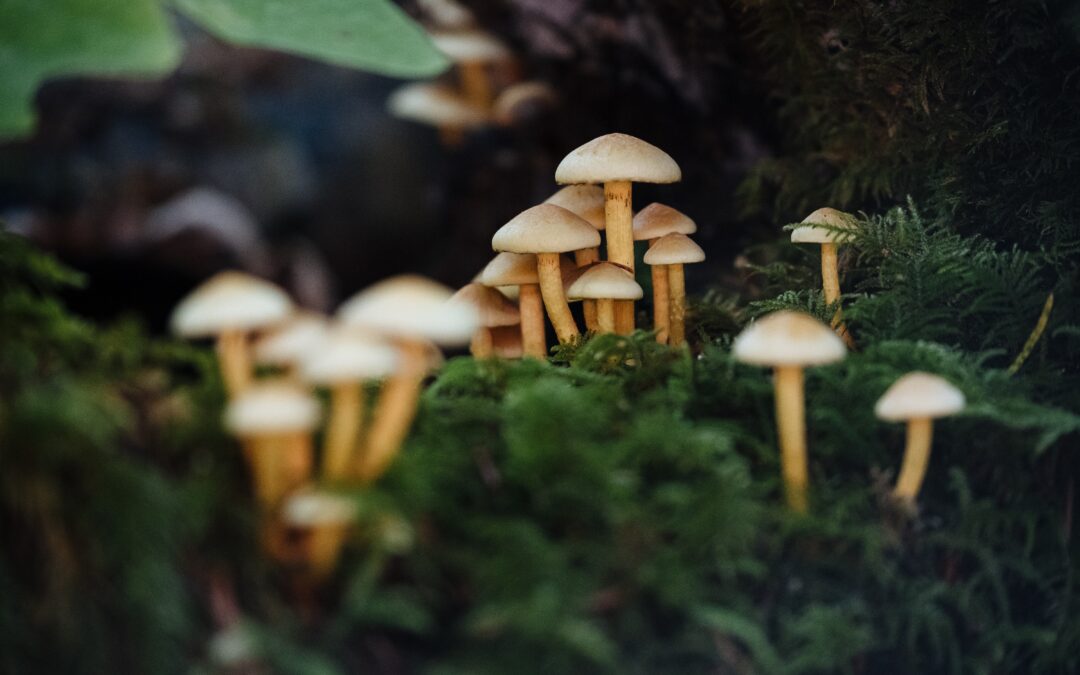Understanding the Hazards of Mushroom Consumption for Dogs
As a conscientious dog owner, you’re probably cautious about what your beloved pet ingests. Dogs, with their innate curiosity, often explore their surroundings, and this includes investigating mushrooms. But the question remains: Are mushrooms safe for dogs to eat? In this exploration, we’ll delve into the realm of fungi to shed light on the potential dangers of dogs consuming mushrooms.
The Hazards of Mushroom Ingestion: Mushrooms form a diverse group of organisms, and while many are benign, a substantial portion can pose toxicity risks to both humans and our four-legged companions. It’s crucial to understand that the mushroom kingdom is intricate, making it even more challenging for experts to differentiate between harmless and harmful varieties. Given their indiscriminate eating habits, dogs may stumble upon toxic mushrooms and inadvertently consume them, potentially resulting in various health complications.
Detecting Harmful Mushrooms: Recognizing toxic mushrooms can be a daunting task, as they often bear a striking resemblance to their non-toxic counterparts. Toxic mushrooms can trigger a range of symptoms in dogs, from gastrointestinal disturbances to more severe effects on their liver, kidneys, and nervous system. When in doubt about a mushroom’s safety, it’s advisable to err on the side of caution and prevent your dog from approaching it.
Indications of Mushroom Poisoning: If your dog happens to ingest a toxic mushroom, the ensuing symptoms can vary depending on the specific species consumed. Typical signs of mushroom poisoning in dogs encompass vomiting, diarrhea, abdominal discomfort, lethargy, tremors, seizures, and even coma. Prompt action is imperative if you suspect your dog has consumed a toxic mushroom.
Precautionary Measures and Immediate Response: The most effective strategy for safeguarding your dog from mushroom poisoning involves maintaining vigilance during walks and outdoor activities. Regularly inspect your property and any locations your dog frequents to ensure that no potentially harmful mushrooms are present. If you suspect that your dog has ingested a mushroom, promptly contact your veterinarian. It’s crucial not to attempt self-treatment, as the consequences can be severe.
In conclusion, mushrooms pose a significant danger to dogs, as numerous varieties can be toxic and lead to severe health complications. When there’s a suspicion of mushroom ingestion or any other potentially harmful substances, time is of the essence. Don’t delay—reach out to us immediately for professional guidance and ensure that your cherished companion receives the necessary care. Your veterinarian is your most reliable ally in safeguarding your dog’s health and well-being. Never hesitate to express your concerns or seek advice regarding your pet’s diet and safety. Your proactive stance can make all the difference in shielding your furry friend from lurking hazards.

